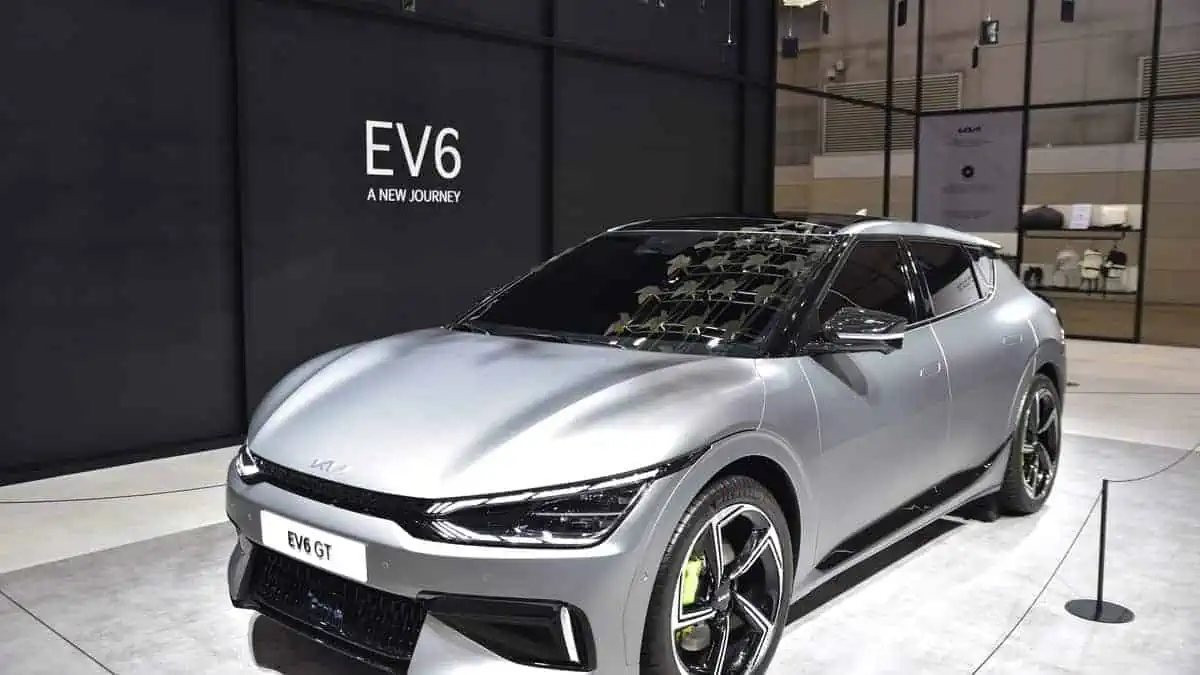South Korean automotive brand Kia is considering a potential investment in a local electric vehicle production plant in Thailand, Reuters reports, citing two government sources’ disclosures on Tuesday.
Negotiation details
As per the report sources, Kia and the Thai government are currently negotiating about a potential investment in a new electric vehicle factory in the country.
The move is apparently part of the South Korean automaker’s efforts to become a dominant player in the Southeast Asian market.
The ongoing negotiations are reportedly based on incentives Kia is seeking from the Thai government.
“They have a serious proposal that they’ve come with. The ball is in their court.”
One of the sources said
Kia and the country’s Board of Investment (BOI) have yet to confirm the report. However, the latter announced in January that the South Korean automaker was indeed exploring potential investment in the country’s automotive industry to debunk media reports claiming the opposite.
Thai courts Tesla
As EV-a2z recently reported, the Thai government is also courting Tesla to invest in a local production plant.
As per government official Supakorn Congsomjit, Tesla and the government are currently exploring the possibility of developing a domestic electric vehicle or battery factory (or both) after conducting a site survey in late 2023.
The government officials are apparently courting Tesla with a 100% green energy offer to power the factory’s operation.
Thailand’s potential
Thailand undoubtedly has a strong potential to advance as a strong player in the global electric vehicle industry. It is currently the largest car producer and exporter in Southeast Asia, boasting a solid automotive manufacturing industry.
Now, it aims to mirror this success in the electric vehicle market with supportive incentives, tax breaks, and other relative policies to promote a wider uptake.
So far, Thailand has already gained more than $1.44 billion in investment commitments from Chinese electric automakers. The potential investment of South Korea’s Kia and America’s Tesla will undoubtedly aid the government’s goal to become the region’s primary electric vehicle production hub. Notably, Thailand aims to have electric vehicles account for 30% of its annual production of 2.5 million vehicles by the end of the decade.






